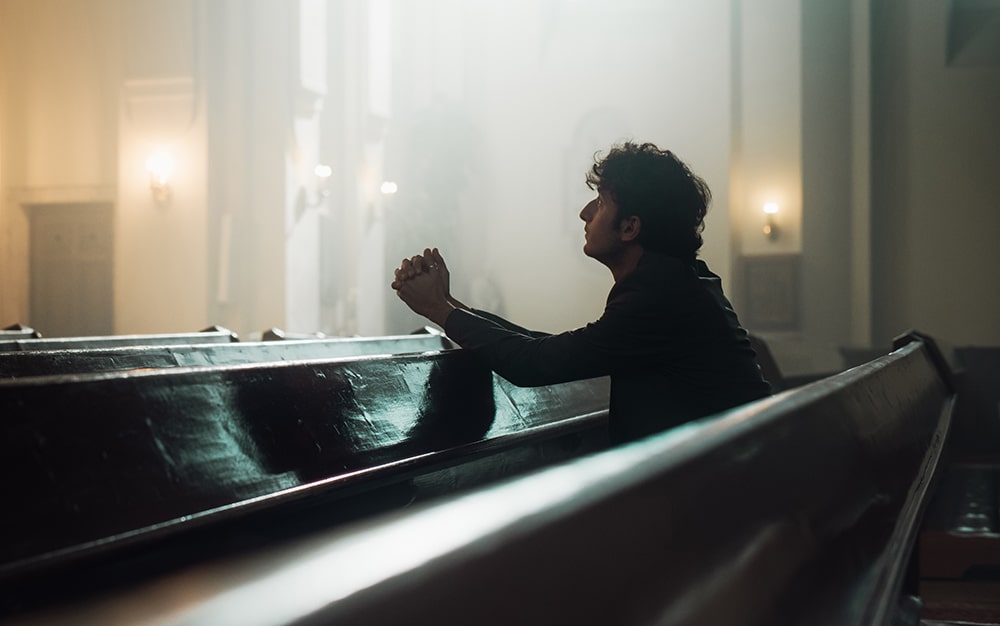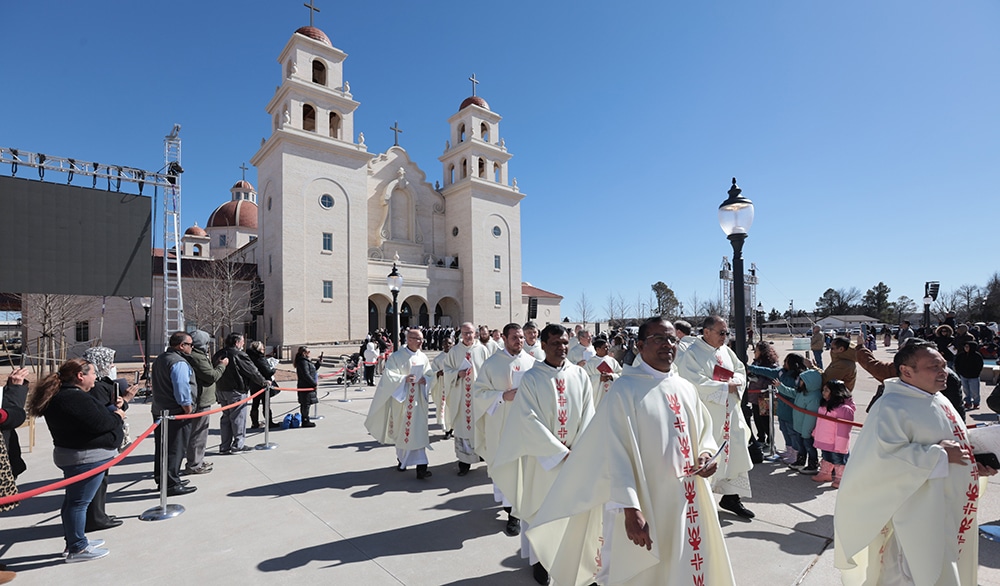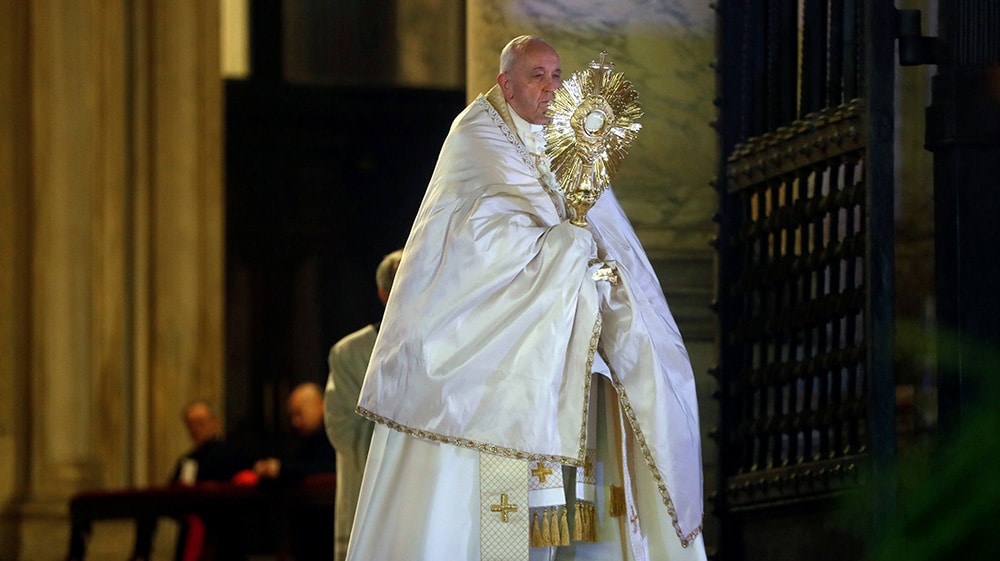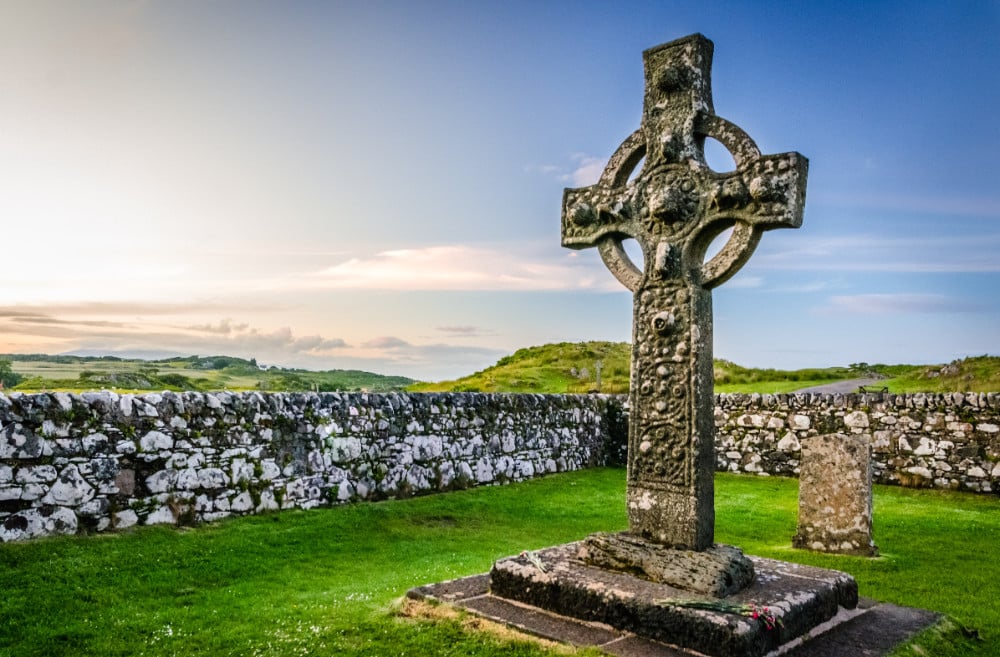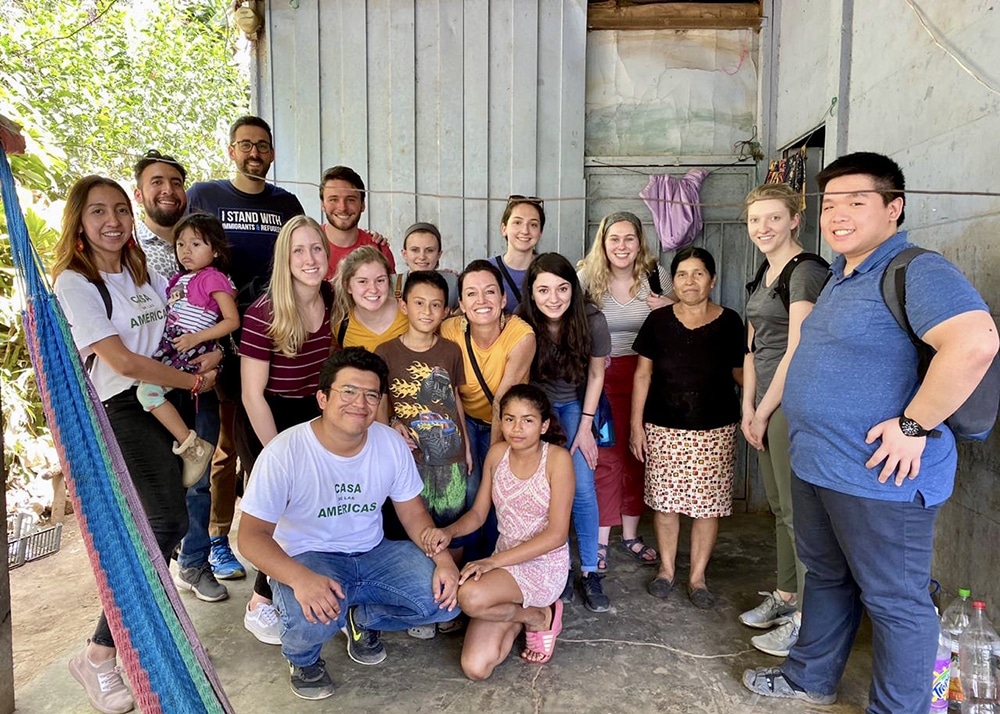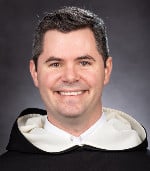 From the time I was very small, I’ve always needed to know “the plan.” My mother relishes in telling a revealing story about me from when I was 6. We had been collecting things in “hundreds” to learn our numbers. I was apparently very eager to share my prize collection of 100 precious whatevers (I can’t remember now what they were).
From the time I was very small, I’ve always needed to know “the plan.” My mother relishes in telling a revealing story about me from when I was 6. We had been collecting things in “hundreds” to learn our numbers. I was apparently very eager to share my prize collection of 100 precious whatevers (I can’t remember now what they were).
But my second-grade teacher was known for having a more flexible approach to her classroom calendar. Time and again, she delayed our presentations. Finally, I couldn’t take it any longer. I stormed out to the car after dismissal, slammed the door and said, “We didn’t get to it … AGAIN!”
I’m able to be a bit more patient, not being 6 anymore, but I still don’t like the in-between times, those intervening hours of waiting. It’s especially difficult when I feel like I don’t know what’s coming or what to expect.
Many people face such trials, when the interstitial spaces of life creep outward like vines, taking up more real estate than they ought to occupy. Staring at a screen at an airport looking for an update for a delayed flight, waiting for a diagnosis, standing by for a judge’s decision, biding time until a new appointment or role comes up. …
And where is God in the in-between times? So often it seems like he’s forgotten us. In the in-between times, God can seem reluctant to let us in on what he sees and intends. He’s left us behind, or at least it so often feels.
And yet, our God is not a God of only origins and destinations. Our God is all-powerful, all-present. He is not absent from the in-between; in fact, he is the very God of in-between.
What else does Jesus’ life show us than that the Father has put even waiting to work in his loving plan? The Son, eternally begotten by the Father, waited for the right moment to be conceived by the Holy Spirit and born of the Virgin Mary. He waited for 30 years, hidden in Nazareth to begin the preaching of the reign of God. He waited to be recognized as the Messiah. He waited for his disciples to understand his teaching. He waited the long night, as Pontius Pilate and King Herod determined whether or not to put him to death. And he waited — the whole world waited — on Holy Saturday for his glorious resurrection from the dead.
The Word, the beloved Son of the Father, is present in the in-between. He lived the long waiting of our human estate. And he remains present with us now, waiting. The in-between is filled with his presence — a fact we see as soon as we stop cursing the in-between.
In fact, our human condition on this side of eternity is one long in-between. Our hearts were not made for this world, they were made for the next, where tears and night and death are no longer. To live a Christian life is to remember always that we are not there yet, that we await the blessed hope of the coming of Our Lord Jesus Christ (cf. Titus 2:13).
Lent is a powerful expression of Christian life because it is this more than anything else: a declaration that we live in the in-between. We spend these solemn days trying to rid our lives of the things that hold us back, those things that prevent us from abandoning our own plans and throwing ourselves into his reckless love.
We weren’t made for the in-between, which is why it can be so daunting and terrible. But God is not missing from the in-between, he is its very Lord and master.
Father Patrick Briscoe, OP, is editor of Our Sunday Visitor. Follow him on Twitter @PatrickMaryOP.

